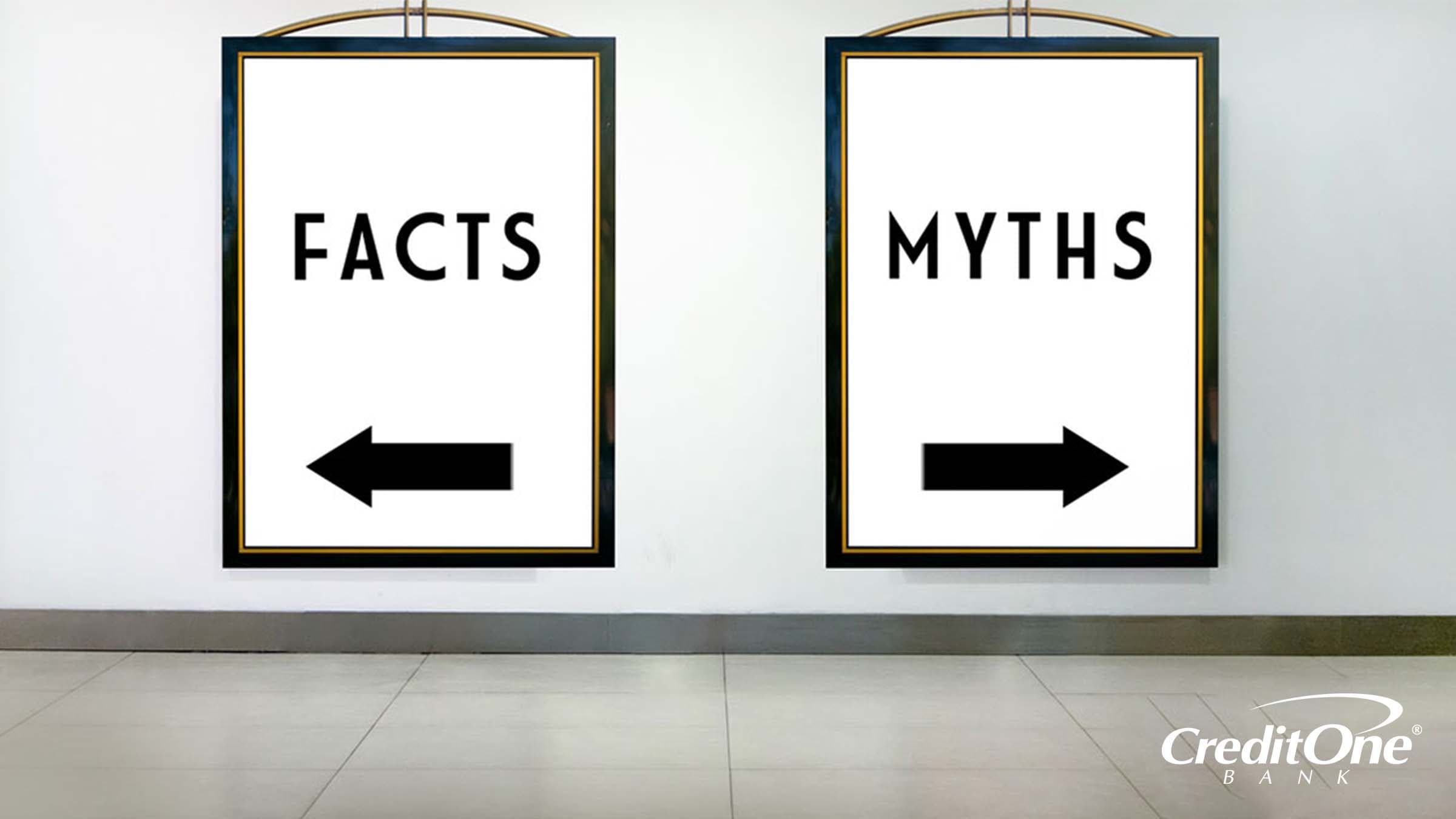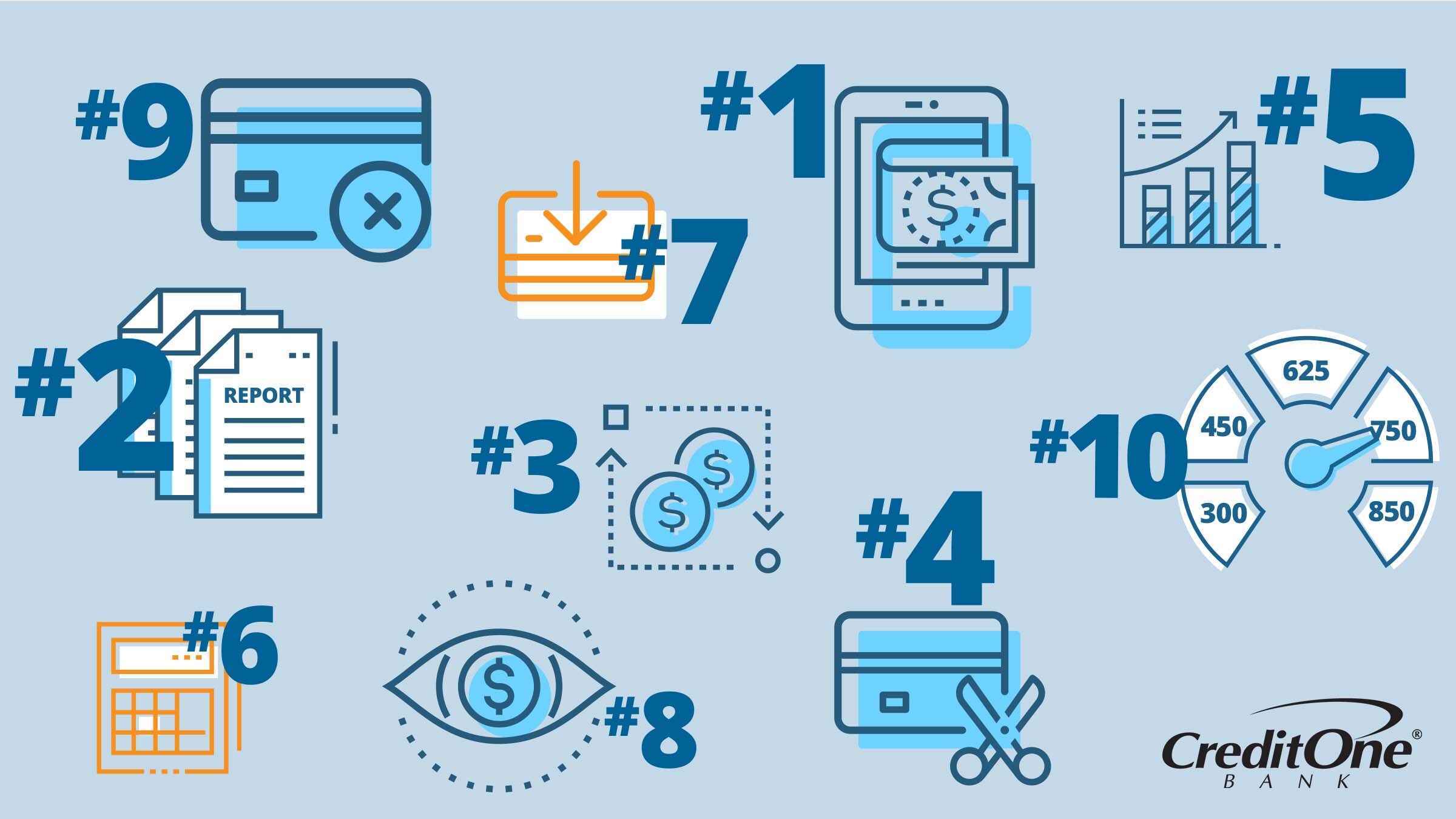Featured Article

Trends and Factors Affecting Generational Financial Trauma
The financial experiences people have early on, whether positive or negative, shape their relationships with money for life. They can affect how people handle paycheck deposits, savings accounts, bills, and credit cards well into adulthood.
Continue Reading
It’s That Time of Year: Credit & Your Taxes
With that last bottle of champagne or sparkling cider in the recycling bin and out on the curb, the holiday season is officially gone and the next big one is upon us: tax season. This season is typically less joyous than its predecessor—particularly if you owe Uncle Sam—but also because, with a U.S. tax code that’s thousands of pages long, it’s a confusing time of year for many of us. And with President Trump’s signing of a tax reform plan into law that goes into effect in 2018, confusion levels appear to be higher than ever.

10 Awesome Things About Credit Cards
Much of what you read these days about credit cards focuses on the negative: fees, interest rates, consumer debt, etc. But those little 3.37” x 2.125” pieces of plastic are neither inherently bad nor good. They’re simply a tool that can be used, at your discretion, to purchase items with an instant, no-collateral-required loan—which, when you think about it, is really kind of awesome.

How to Save Money on Groceries
In 2016, the typical American household spent $6,224 on food. Think of how much more money you’d have in your pocket (or your savings account) if you could cut down your weekly grocery bill. If you are wondering how to save money on groceries, use these simple tips. When you proactively seek out grocery deals, implement smart shopping habits, and use the right credit cards, you can stay well within your budget.
![Credit One Bank Card Member Survey: Finances, Credit & Romance [Infographic]](/content/dam/cob-corp-acquisition/images/articles/2021/03/104428 COC_29_credit_romance.jpg)
Credit One Bank Card Member Survey: Finances, Credit & Romance [Infographic]
We surveyed our card members to learn how they feel about credit and finance as it pertains to their romantic lives and relationships. See what they had to say about credit scores, income, fight topics, and other subjects having to do with romance and relationships in this infographic by Credit One Bank.

Another 7 Credit Myths Debunked
Myths have been used throughout history to explain the inexplicable, but credit is not some mysterious concept that can’t be comprehended without tales not based in reality. A good credit score is not a unicorn, and you don’t need King Midas’ golden touch to establish and maintain good credit.
This material is for informational purposes only and is not intended to replace the advice of a qualified tax advisor, attorney or financial advisor. Readers should consult with their own tax advisor, attorney or financial advisor with regard to their personal situations.

